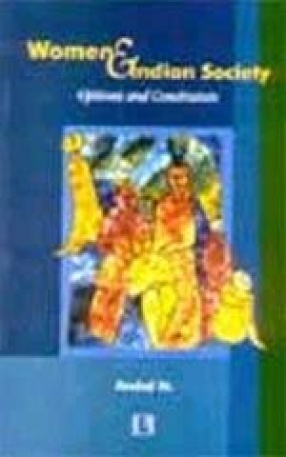Analyzing the adaptive strategies of various social groups in a drought-prone village of south India, the present study reveals that while backward jatis and scheduled jatis improved their socio-economic conditions in the long-run, upper jatis became losers as ‘tradition’ acts as an obstacle for them. It was evident that the pressure groups formed through migration and culture-contact shackled the dominant caste and subsequently the dynamics of traditional relations between and among the jati groups. Given the gradual erosion of traditional hereditary relationships, increasing pressure on common property resources and absence of a need-based government programme, it was found that the village poor relied on their own initiatives in adjusting to shortages. This book demonstrates that drought acts as a stimulus and induces socio-structural change over a period of time in the social setting.

Famines & Droughts: Survival Strategies
In stock
Free & Quick Delivery Worldwide
reviews
Bibliographic information
Title
Famines & Droughts: Survival Strategies
Author
Edition
1st Ed.
Publisher
ISBN
8170334449
Length
255p., Illus.; Tables; Glossary; Biblio.; Maps; Index; Size 22cm.
Subjects



There are no reviews yet.